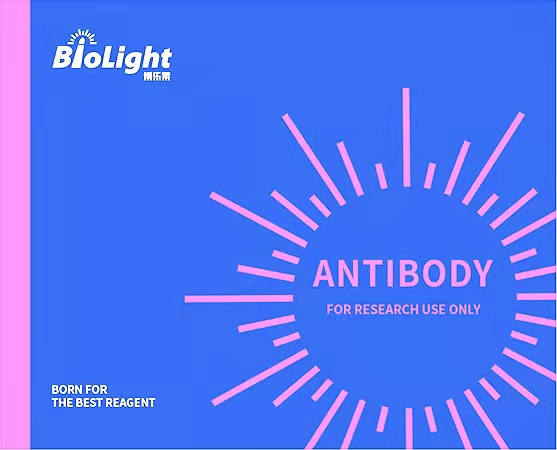
Anti-CD274 Antibody, Rabbit Polyclonal
产品编号:PA00041HuA20
$ 待定
规格 50uL 100uL 200uL
产品名称:Anti-CD274 Antibody, Rabbit Polyclonal
经验证的应用:IHC/IF/ICC
交叉反应:/
特异性:human CD274
免疫原:Recombinant human CD274 protein, fragment Phe19~Thr290; UniprotKB: Q9NZQ7
制备方法:Produced in rabbits immunized with human CD274, and purified by antigen affinity chromatography.
来源:Polyclonal Rabbit IgG
纯化:Immunogen affinity purified
缓冲液:Supplied in PBS, 50% glycerol and less than 0.02% sodium azide, PH7.4
偶联物:Unconjugated
状态:Liquid
运输方式:This antibody is shipped as liquid solution at ambient temperature. Upon receipt, store it immediately at the temperature recommended.
储存条件:This antibody can be stored at 2℃-8℃ for one month without detectable loss of activity. Antibody products are stable for twelve months from date of receipt when stored at -20℃ to -80℃. Preservative-Free. Avoid repeated freeze-thaw cycles.
别称:CD274, PDCD1LG1, B7-H, B7H1, PD-L1, PDCD1L1, PDCD1-LG1, Programed Death Ligand 1
背景信息:PD-L1/B7-H1. B7-H1, also known as PD-L1 and CD274, is an approximately 65 kDa transmembrane glycoprotein in the B7 family of immune regulatory molecules (1). Mature human B7-H1 consists of a 220 amino acid (aa) extracellular domain (ECD) with two immunoglobulin-like domains, a 21 aa transmembrane segment, and a 31 aa cytoplasmic domain (2). Within the ECD, human B7-H1 shares 73% and 74% aa sequence identity with mouse and rat B7-H1, respectively. Alternative splicing generates additional isoforms that either lack the first Ig-like domain or are truncated within the second Ig-like domain (3). B7-H1 is expressed oninflammatory-activated immune cells including macrophages, T cells, and B cells (4-7), keratinocytes (8, 9), enothelial and intestinal epithelial cells (8, 10), as well as a variety of carcinomas and melanoma (11, 12). B7-H1 binds to T cell B7-1/CD80 and PD-1 (7, 8, 12-15). It suppresses T cell activation and proliferation (5, 8, 14, 16) and induces the apoptosis of activated T cells (11). It plays a role in the development of immune tolerance by promoting T cell anergy (7, 14) and enhancing regulatory T cell development (16). B7-H1 favors the development of anti-inflammatory IL-10 and IL-22 producing dendritic cells (5, 10) and inhibits the development of Th17 cells (16). In cancer, B7-H1 provides resistance to T cell mediated lysis, enhances EMT, and enhances the tumorigenic function of Th22 cells (6, 9, 12, 15).
全称:Programmed cell death 1 ligand 1 (CD274)
说明书:待上传

